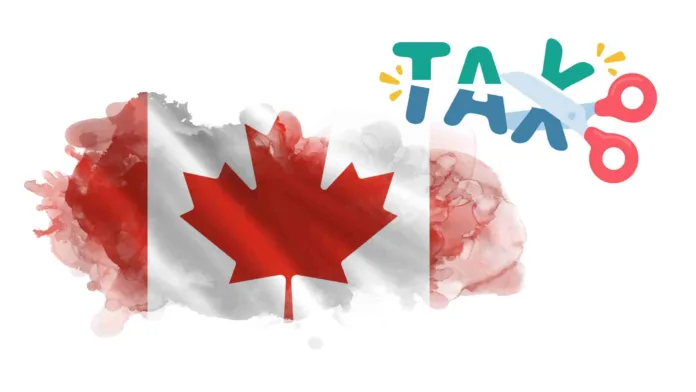The Canadian government announced the rescission of the Digital Services Tax (DST). The announcement was made by Finance Minister François-Philippe Champagne, marking a strategic pivot in Canada’s economic diplomacy.
Prime Minister Mark Carney stated that while Canada remains committed to ensuring fair taxation for digital giants, the withdrawal of the DST aligns with a broader national interest—securing a comprehensive new economic and security agreement with the U.S.
The decision comes as both countries prepare to resume negotiations, with a July 21, 2025 deadline in view, as agreed upon by Prime Minister Carney and U.S. President Donald Trump at the G7 Leaders’ Summit held earlier this month in Kananaskis.
Background: The DST and International Taxation Disputes
Canada introduced the DST in 2020 to address the tax gap posed by large digital platforms generating significant revenue from Canadian users without a proportional tax obligation in Canada. The measure was intended as an interim solution pending a multilateral framework under negotiation by the OECD and G20 countries.
Despite ongoing international efforts, Canada enacted the DST unilaterally due to delays in reaching a global consensus. However, the DST had been a point of contention in Canada–U.S. trade relations, particularly with American tech firms being the primary targets of the tax.
What the Rescission Means
The Department of Finance confirmed that the planned collection of DST on June 30, 2025, will be halted. Minister Champagne will soon introduce legislation to formally repeal the Digital Services Tax Act, effectively ending the country’s unilateral digital tax regime.
“This move underscores Canada’s commitment to securing a modern and beneficial trade relationship with our closest ally,” said Champagne. “Rescinding the DST is a necessary step to unlock progress on a deal that can deliver for workers, businesses, and the entire economy.”
Prime Minister Carney emphasized that Canada will continue to push for a global solution on digital taxation, but national interests come first. “Today’s decision reflects our commitment to Canadian prosperity. Our guiding principle remains: take as long as necessary, but no longer, to secure the right deal.”
Looking Ahead
Trade analysts view the repeal as a pragmatic gesture aimed at removing barriers to productive dialogue with the United States. If successful, the forthcoming agreement is expected to cover not only trade and digital services but also security cooperation and supply chain resilience.
The announcement is already generating responses across industries, with the tech sector welcoming the rollback and traditional media urging transparency in the upcoming negotiations.
As the July 21 deadline approaches, all eyes will be on Ottawa and Washington to see whether this goodwill measure translates into a new era of bilateral cooperation.

